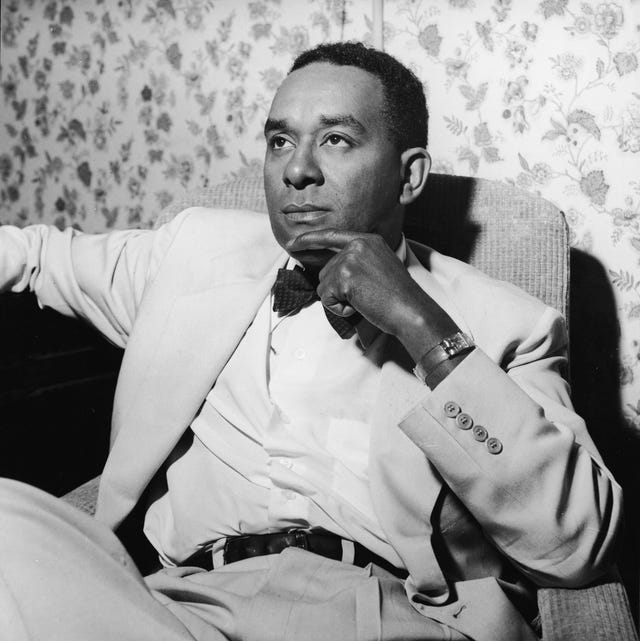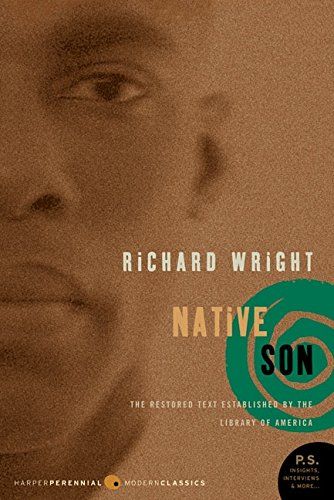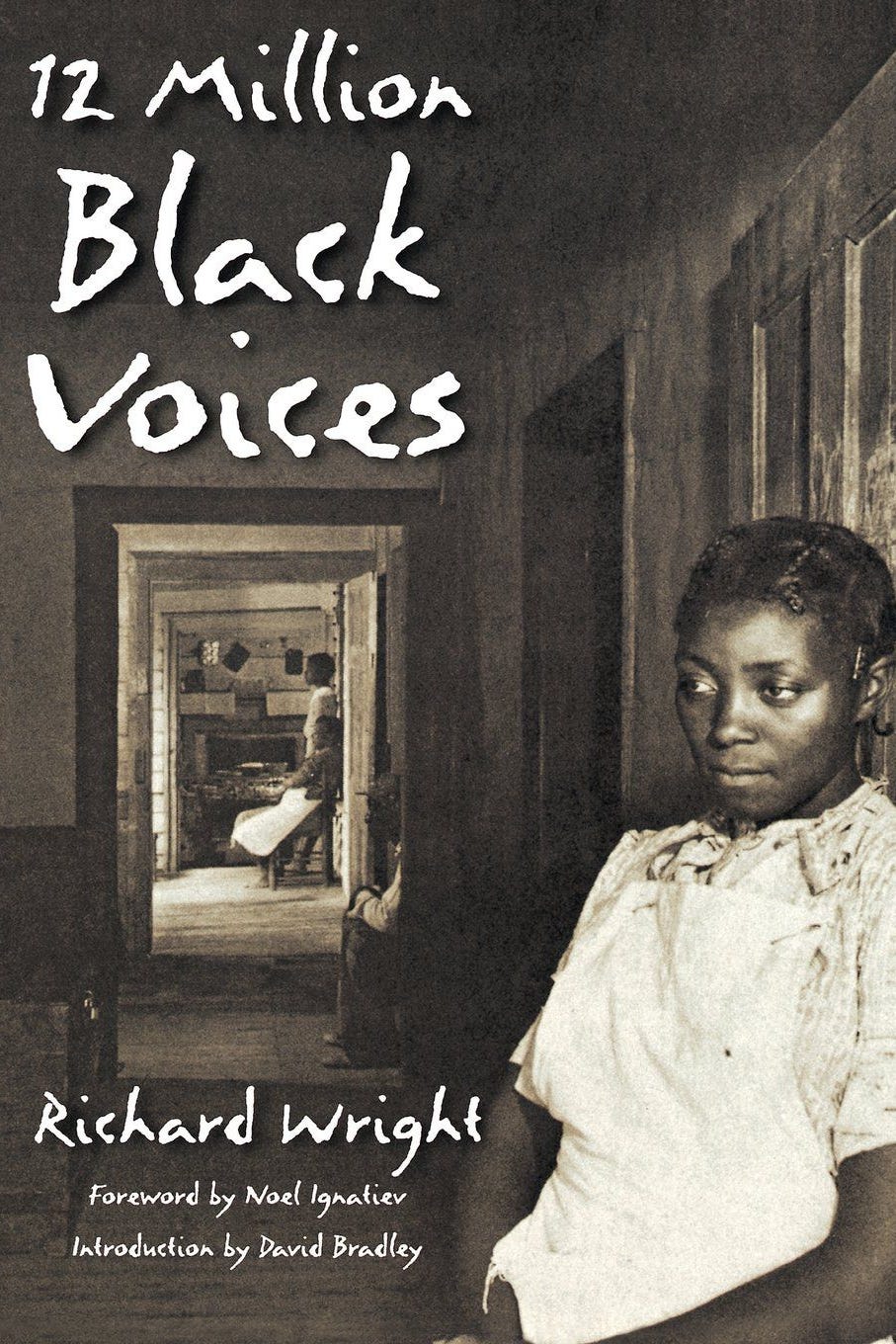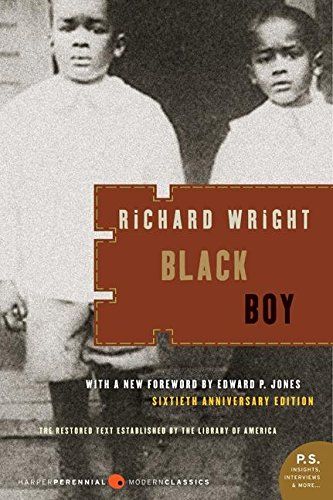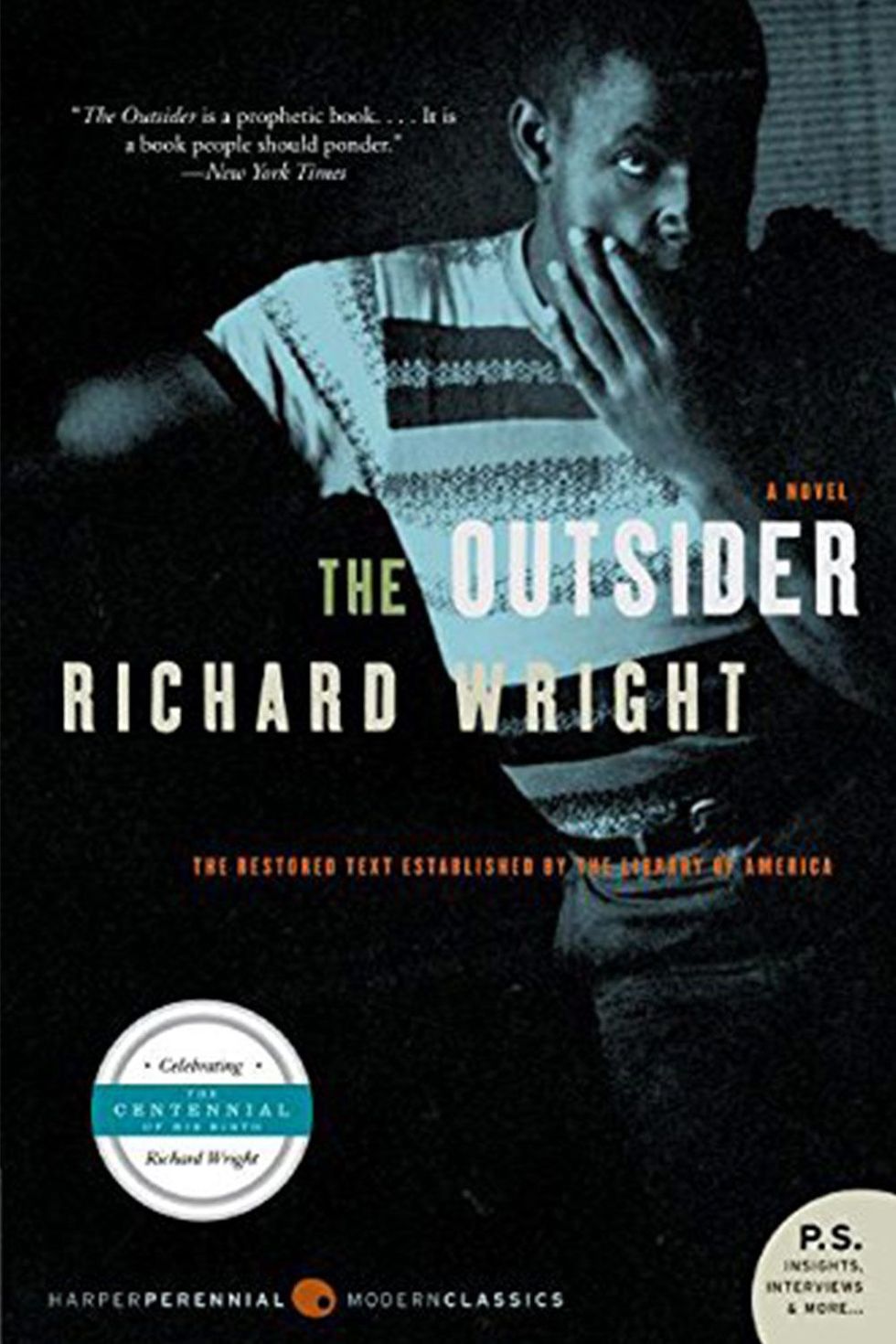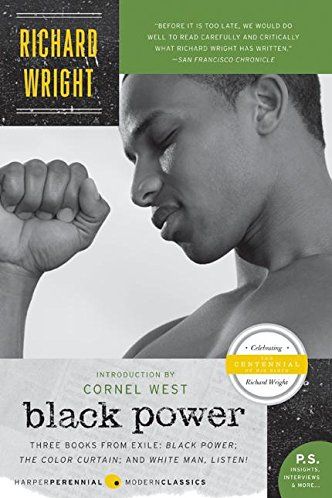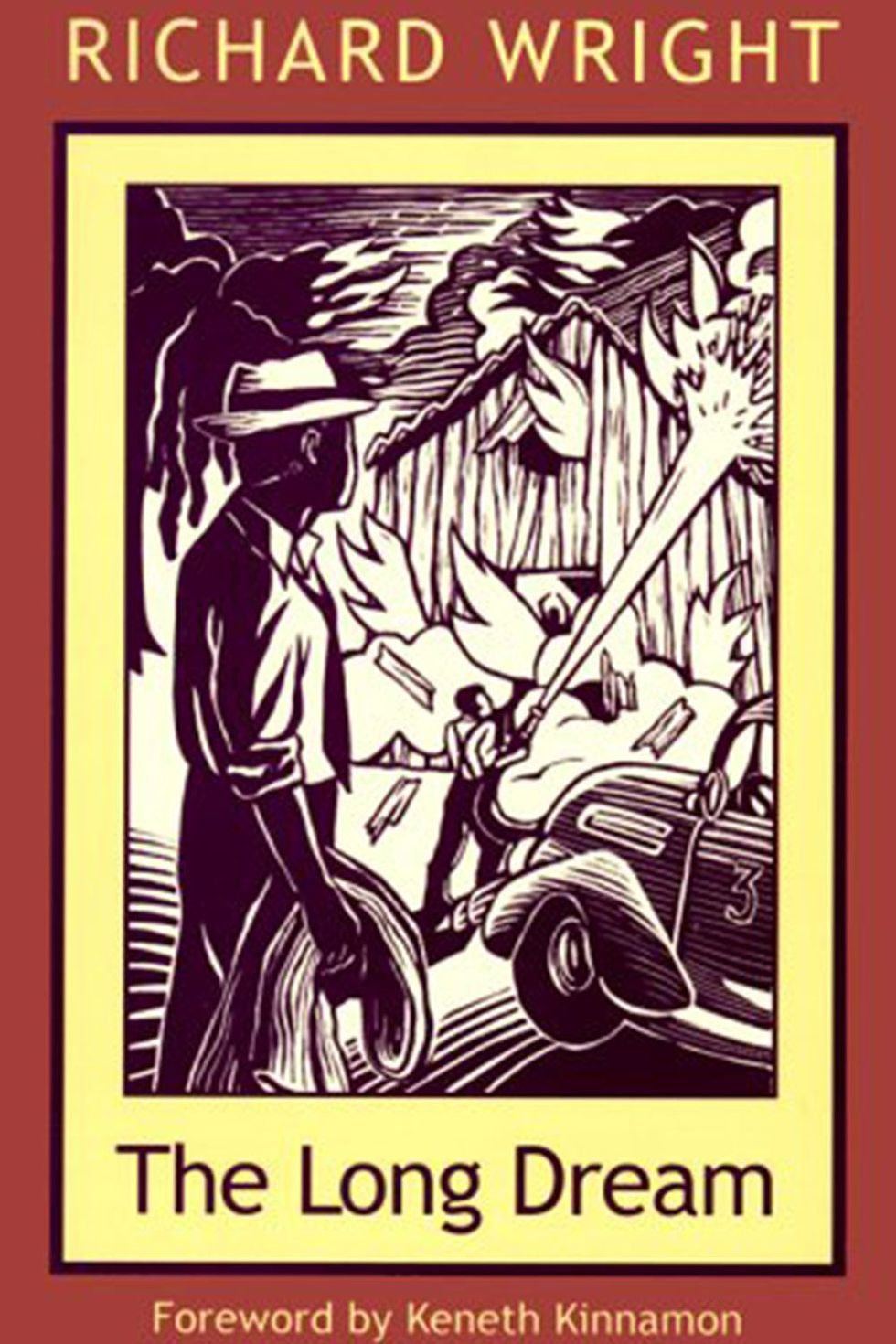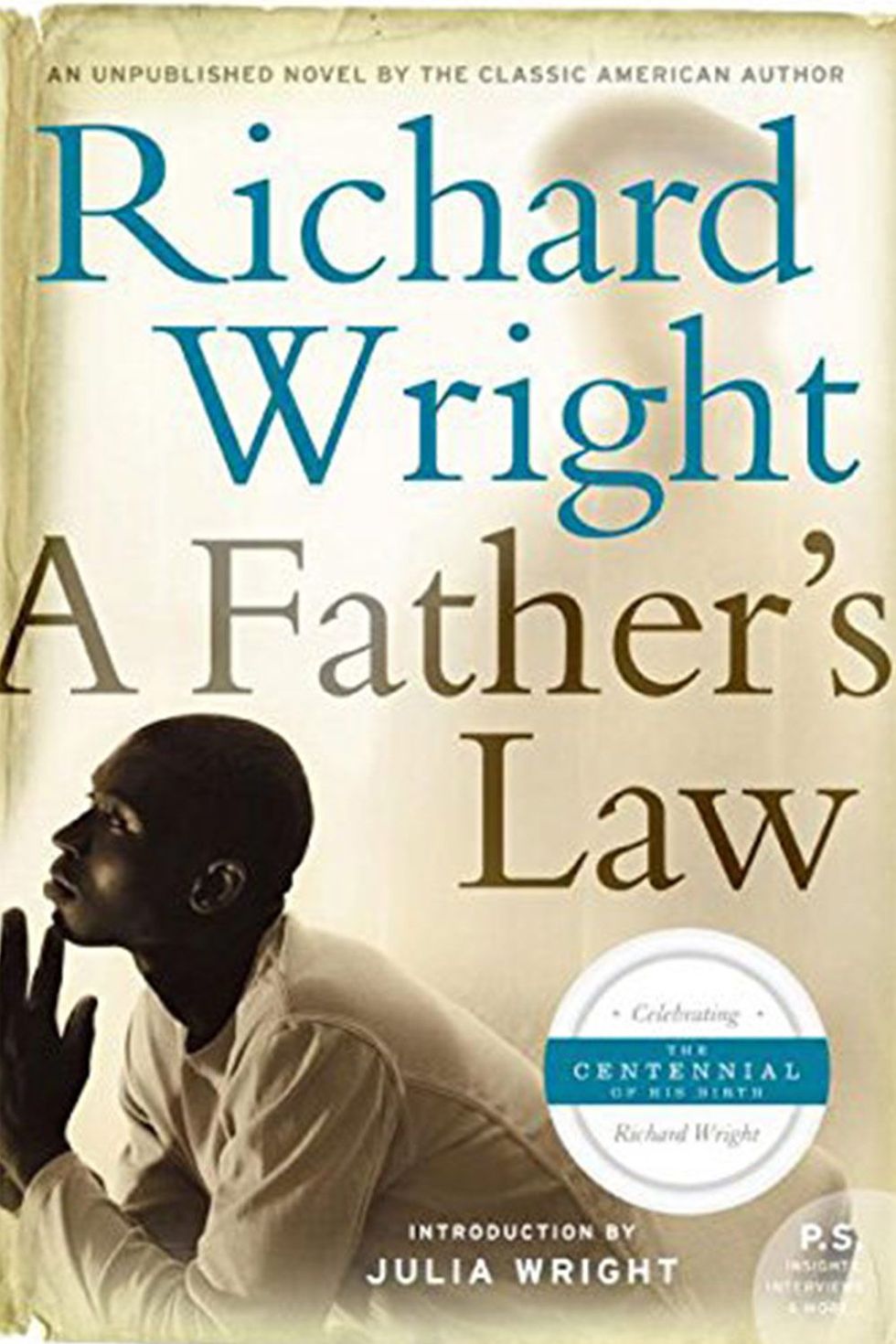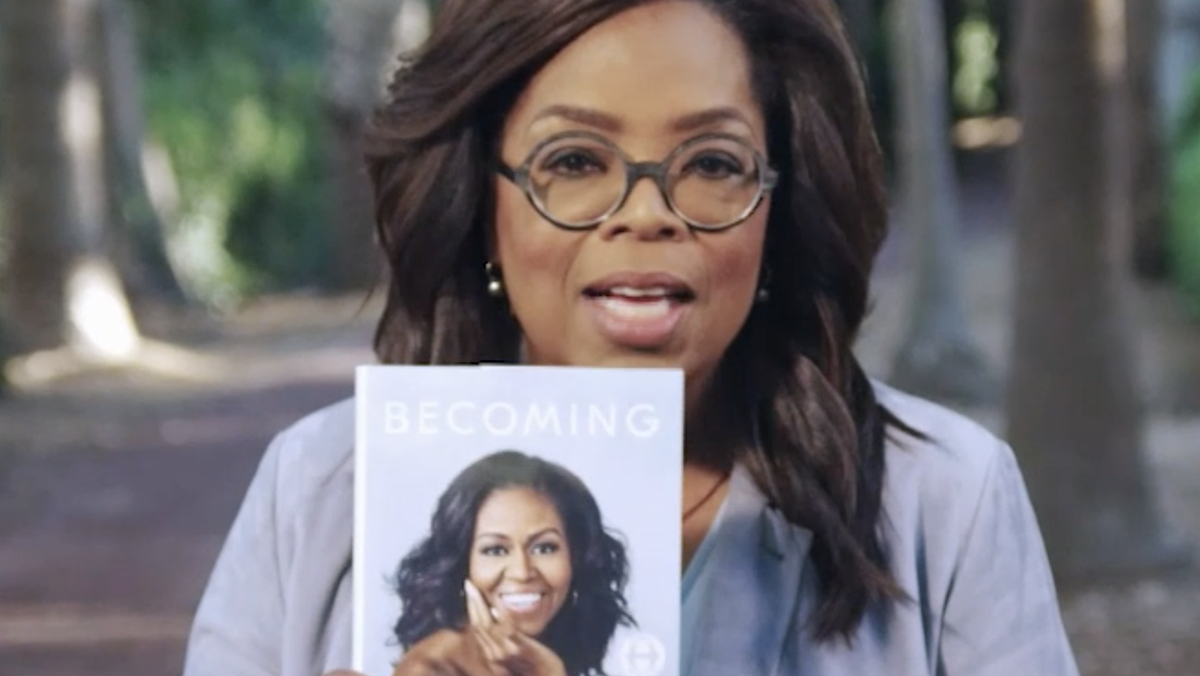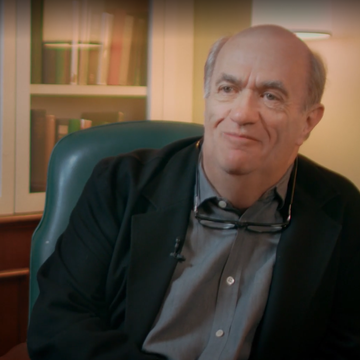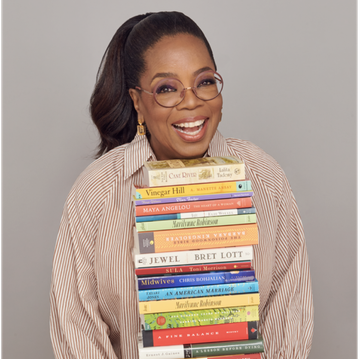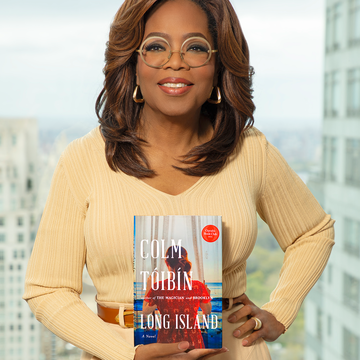When one of the best Richard Wright books was published in 1940—Native Son— it became the first best-selling novel by an African-American author ever.
To give you an idea of what a huge accomplishment it was at the time for the then-31-year-old writer, actress Hattie McDaniel had just become the first African-American ever to win an Academy Award for Best Supporting Actress in Gone With the Wind.
The social unrest, race riots, and political rancor of that time didn't make it a particularly favorable time for a sharecropper's son to succeed as an author. But Wright put all of his frustrations about growing up in poverty in Mississippi during racial segregation and the Jim Crow era into his writing, subsequently paving the way for the likes of literary heroes such as James Baldwin, Lorraine Hansberry, and Gwendolyn Brooks.
Born on September 4, 1908 in a small town called Roxie, Wright first rose to prominence with the collection of short stories, Uncle Tom's Children, published in 1938. But he wasn't pleased with its reception.
"I found that I had written a book which even bankers’ daughters could read and weep over and feel good about," Wright wrote in a March 1940 essay entitled, "How 'Bigger' Was Born." Wright's next novel, Native Son, which he ultimately became famous for, was anything but feel-good.
Even after his passing in 1960, Wright's empowering work lives on, with HBO cementing his ongoing legacy in a new book-to-movie adaptation of Native Son. On April 6, the network will deliver the classic novel's provocative and intense subject matter to small-screen audiences in the eponymous film starring Nick Robinson, If Beale Street Could Talk's KiKi Layne, Sanaa Lathan, and Ashton Sanders.
Ahead of the premiere, brush up on all of the books, short stories, and poetry by the unapologetic writer and man who was a leading pioneer of "The Black Arts Movement" in the '60s.
Native Son (1940)
Native Son revolves around a white woman and a poor, uneducated Black man from the south side of Chicago named Bigger Thomas, and the psychological impact racism has on the way he thinks and behaves. Not only was it the best-selling book of that time, but it was also a Book-of-the-Month club selection—a first for a Black author. It was later adapted for the stage in the 1941 Broadway play of the same name, and a movie in 1986, featuring Oprah, Carroll Baker, Victor Love, and Matt Dillon. Now, readers will see it on the small screen in a new HBO film on April 6.
12 Million Black Voices (1941)
Released near the end of the Great Depression, 12 Million Black Voices uses Wright's signature poetic prose to highlight Black oppression in the country. The book intertwines text with thought-provoking images of millions of African-Americans to highlight the suffering they experienced during that time and their hopes in their future existence.
Black Boy: A Record of Childhood and Youth (1945)
Although this is considered Wright's autobiography, it's suggested in the book that this is a story of all the impoverished boys, like Wright, who were raised in the South during World War I and World War II. Here, he recounts his childhood, hardships, and experiences with racism, plus his migration north. The most compelling and heart-wrenching part of Black Boy, however, is reading how Wright taught himself to read.
The Outsider (1953)
The concept of good and evil is on display in Wright's depiction of protagonist Cross Damon, who just by the name you can tell is at a crossroads in his life. The novel floats between mystery and an exploration of the psyche through Cross. After surviving a near death accident in Chicago, his past catches up with him later in New York City. And somehow—in true Wright fashion—he finds a way to insert his commentary on fascism and communism within the crime story.
Savage Holiday (1954)
Of Wright's myriad works, this is his only published novel to not feature any Black characters or a plot about race. His detour at the time was considered a risk, considering the economic and critical success of Native Son. The psychological thriller tells the story of an insurance exec who endures a series of terrible incidents in one weekend. Unfortunately, the artistic risk didn't work here, as the book was largely forgotten by critics and readers, according a 1977 review in the CLA Journal.
Black Power (1954)
You can enjoy a three-for-one deal with this nonfiction volume of socio-political narratives. The triple set includes Black Power (1954), The Color Curtain (1956), and essays from White Man, Listen! (1957). Black Power inspires wanderlust while reading about Wright's journey to Africa′s Gold Coast, while White Man, Listen! is more of a call-to-action and resistance to depravity and economic enslavement. The Color Curtain offers an honest dialogue about Indonesian culture and its subsequent impact on race relations in modern America.
The Long Dream (1958)
Wright goes back to his Mississippi red clay roots in this novel, where he explores oppression and societal corruption through the eyes of the father-son duo, Fishbelly and Tyree Tucker. The idea is that wealth, privilege, access, and power for the Black man is, in fact, unattainable and "a long dream."
Lawd Today! (1963)
According to book experts at Goodreads, Lawd Today! was written before Native Son. However, it wasn't published until three years after Wright died. Set in Chicago during the 1930s, the story follows a Black postal clerk name Jake Jackson who is burdened by his finances (or lack thereof) and the bad choices he makes as a husband. Through Jake, Wright examines the role race and poverty has on Black Americans.
American Hunger (1977)
American Hunger was published posthumously. Wrigjt originally intended for it to be a continuation of his autobiography Black Boy, which is made evident in the first few chapters. The novel picks right up where Black Boy left off, with Wright making his way to Chicago to pursue his literary career and highlighting his controversial and early ties to the Communist Party.
A Father's Law (2008)
Unfortunately, Wright didn't get to finish A Father's Law before he died at the age of 52 of a heart attack. Still, it was published nearly two decades after his death by Wright's daughter and literary executor, Julia Wright.
"It comes from his guts and ends at the hero's 'breaking point,'" his daughter writes in the 2008 novel. "It explores many themes favored by my father like guilt and innocence, the difficult relationship between the generations, the difficulty of being a black policeman and father, the difficulty of being both those things and suspecting that your own son is the murderer. It intertwines astonishingly modern themes for a novel written in 1960."
Other Literary Works by Richard Wright
Short Stories
Uncle Tom's Children (1938)
The Man Who Was Almost a Man (1961)
Eight Men (1961)
Poems
Haiku: This Other World (1998)
For more ways to live your best life plus all things Oprah, sign up for our newsletter!

Michelle is the Culture & News Writer for OprahMag.com, where she writes about celebrities (she considers herself an expert on Beyoncé and Reese Witherspoon), plus the latest in pop-culture news, binge-worthy TV shows, and movies. The transplanted Southerner turned ambitious New Yorker lives her best life by listening to hip-hop and Pod Save America, watching The Office on repeat, quoting Oprah-isms, eating dessert before dinner, and avoiding avocado. Seriously, she doesn’t get the hype.
It should say, “Michelle is the former Culture & News Writer for Oprahmag.com...”
